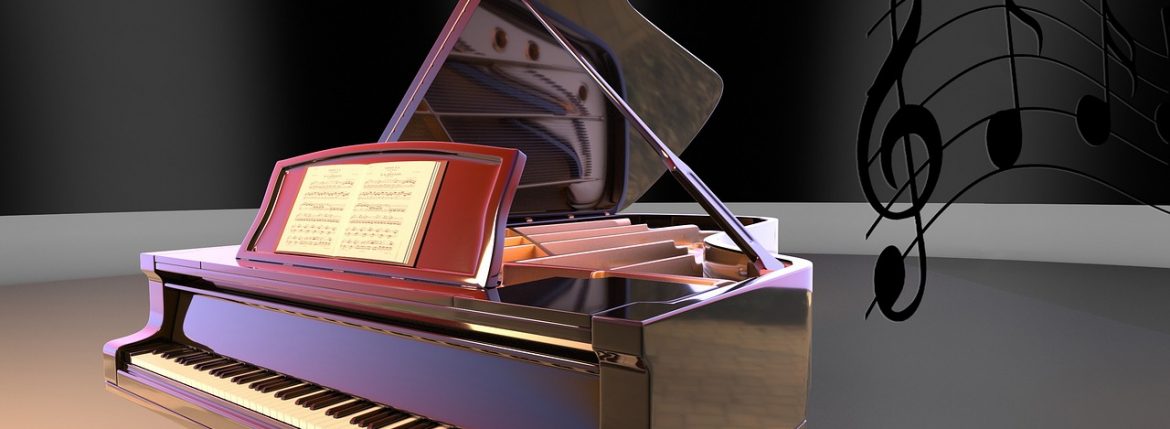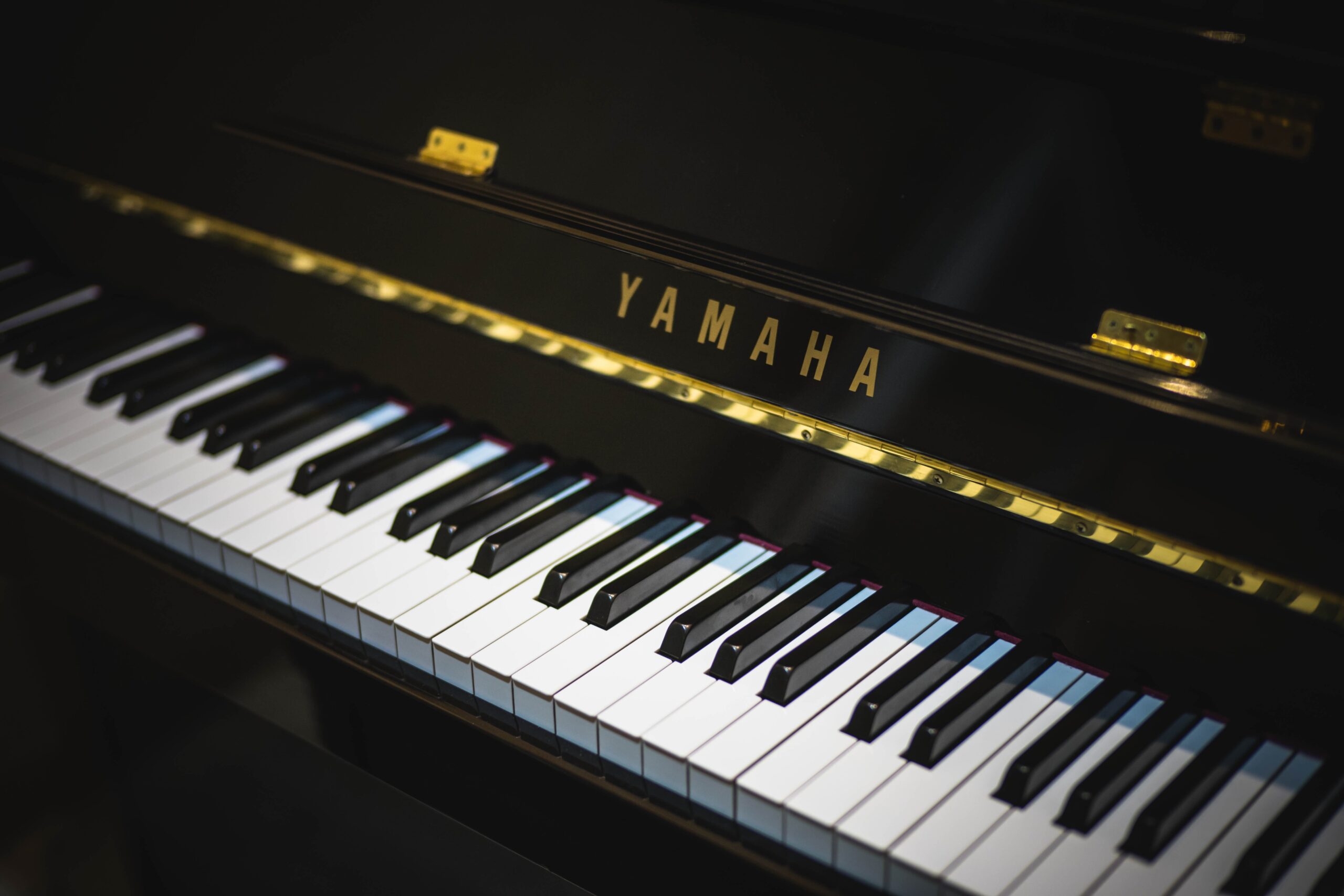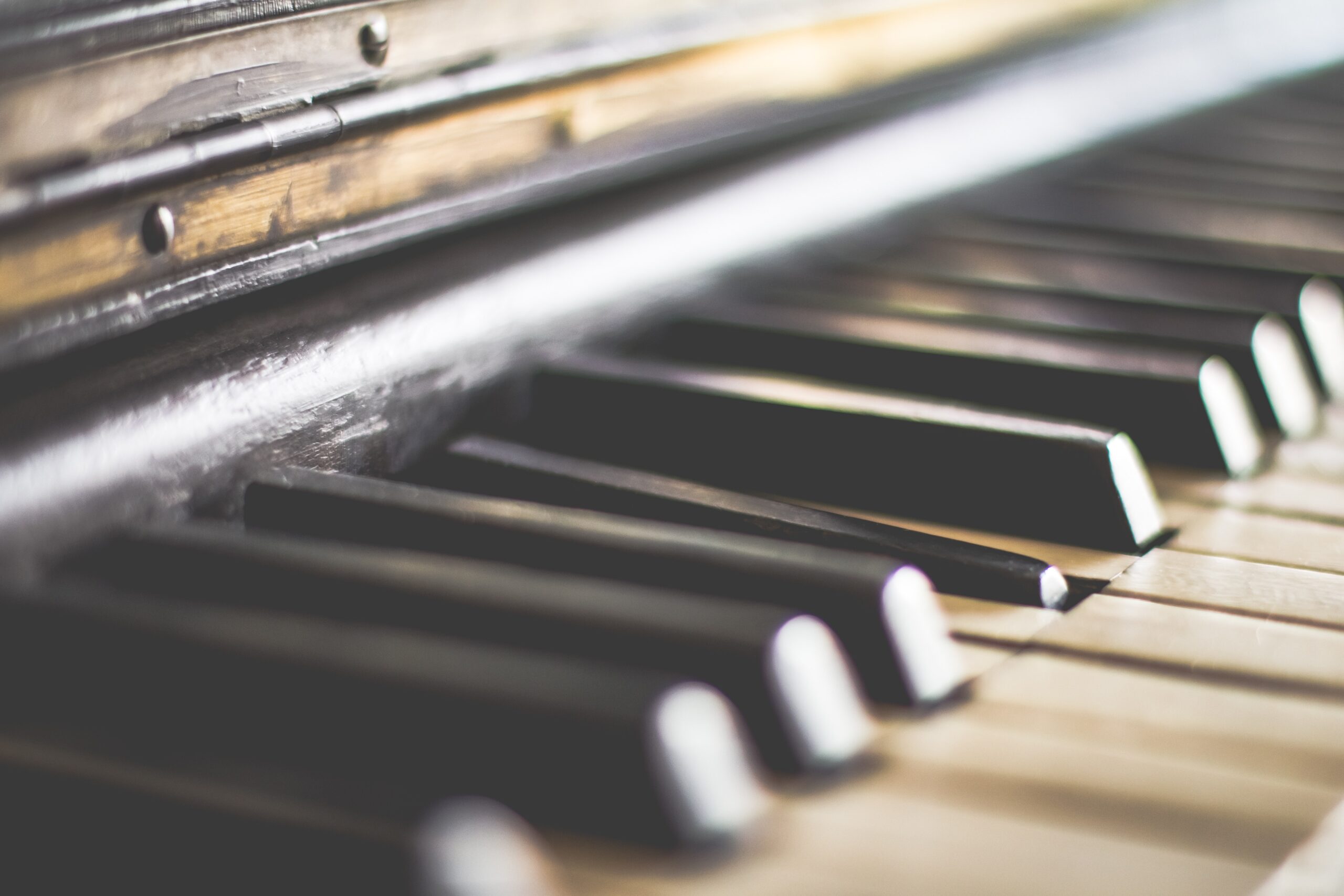A piano is a wonderful addition to a room, which is why it’s important to choose a piano that works for you. Combining elegance with timeless design, its presence can be truly transformative. It helps to complete the room, offering an invitation to create and share.
Deciding which kind of piano would be best for you and your home can feel like something of a minefield. You may also be concerned about how best to maintain any piano you buy. For example, how to keep it looking and sounding as good as it did when it was first installed in your home.
Let’s take a look at the key aspects of choosing a piano. In addition to this, how best to take care of your investment once it’s in your home.
choose a piano: A grand piano or an upright?
The first question that potential piano owners tend to consider is whether they should buy a grand piano or an upright. What are the key differences?
Grand pianos are regarded as the ‘purest’ form of piano. They are the original design for the pianos we use today. Upright pianos were designed later as a compromise, on both space and price. This allowed more people to own a piano, with an upright piano becoming an aspiration for people right across the income scale.
Today, upright pianos are often a compromise prompted by space limitations in modern homes. Both pianos perform differently. However, it’s not necessarily the case that grand pianos always offer superior sound, quality and performance. These are influenced by a range of factors.
What factors determine the sound and quality of a piano?
When you come to choose a piano, something else to consider is the string length. String length determines the volume and fullness of the sound produced, particularly in the bass section. The degree of control of the piano action mechanism determines how sensitive and responsive it will be to touch.
Piano hammers and the hammer felt material will influence the tone significantly. Felt quality, the wooden moulding, the manufacturing process, shaping and voicing will all play their part in the overall sound of the piano.
The flooring material in the room where you intend to site the piano will also influence the sound. As too will heavy curtains, and furniture that could all help to absorb the sound.
Materials and workmanship
Higher-end pianos will usually have a superior quality of materials and workmanship. Each hand-crafted piano will be a unique creation. This is because they are made by a craftsman with a commitment to excellence.
Mass-produced pianos vary in quality. This is usually according to price and provenance. The better-known brands have invested in R&D and strict quality control to ensure that the pianos they produce achieve consistent performance.
A piano is a lifetime investment that will bring pleasure for many years to come. If you’ve decided to purchase a piano, it makes sense to spend as much as you can realistically afford. This means you can achieve maximum enjoyment.
Piano design
Historically, the piano design has reflected contemporary taste. Today, the possibilities are endless when it comes to style, casework veneer, finish and ornamentation. However, high-end piano makers will not incorporate anything into their pianos that compromise the standards of their brand.
Tuning your piano
After your new piano has been carefully prepared it will then be professionally transported. Following this, it needs to be installed it will need to settle in for a few weeks. Then follows its first tuning. After this, the piano should be tuned on average twice a year.
How to look after your piano
Ideally, your piano should be sited next to an inner wall. It should be kept out of direct sunlight, and away from heat sources such as radiators.
The ideal temperature to maintain optimum performance should be 20-25c, with humidity levels around 40-65%. The latter can be measured with a hygrometer.
Do I need to regulate my piano?
Your piano will also need regulating every few years by a piano technician. This is when minor maintenance issues can also be carried out. Regulation is the adjustment of the entire piano action, keyboard and pedal actions.
The more the piano is played, and the older it is, the more maintenance will be required.
How can I keep my piano clean?
You can keep your piano clean by dusting it with a soft cloth or feather duster. Refrain from using any furniture polish or commercial cleaning. Keys can be kept clean with a slightly damp cloth, or special key cleaners. Cleaning products containing alcohol should be avoided, as these can crack the keys.
You should resist the temptation to place drinks, flower vases, candles or anything else on top of your piano.
Should I keep the piano lid closed?
Keep the lid closed when you’re not playing and avoid touching the strings or the hammer felt with your bare hands.
This may sound like there is a lot to consider. However, you will soon find that piano maintenance becomes second nature. By choosing wisely and being diligent with your maintenance routines, your piano will give you hours of enjoyment for years to come.
Courtesy of GFOC Journal – Article ‘On choosing a piano and taking care of it’ featuring Simon Markson, Managing Director at Markson Pianos Ltd.




